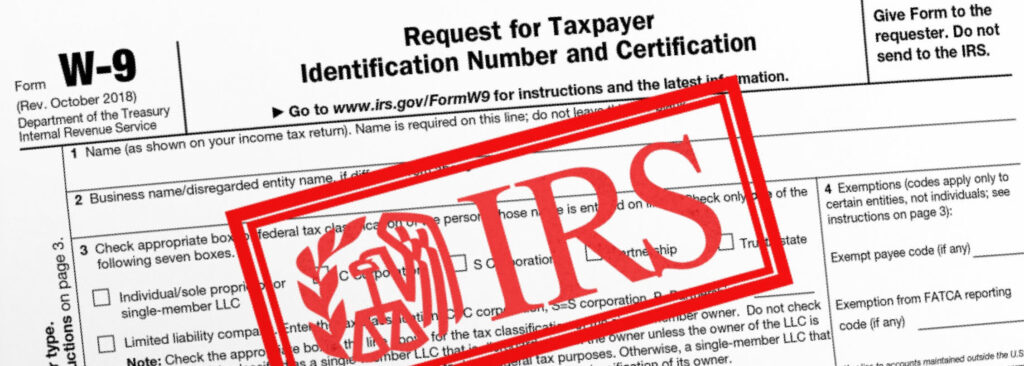Accountant and client relationships should share commonalities of any other valuable working relationship: communication, long-term planning, and forward thinking. Good client relationships span years, decades, and even generations. CPA firms rarely advertise or just take on any client, because it is not a commoditized service (or at least should not be). It is more than just a tax return: it is you, your family, business, and future. Just like in your personal life, it is worthwhile to take time to find a good fit.
Communication is the lynchpin of a valuable client relationship that often gets neglected. Accountants at their worse may not return calls or emails promptly. Clients at their worse don’t provide organized information, plan for big financial changes, or allow enough time to plan. One aspect that can bring this rift together is whether you enjoy or can at least tolerate the communication styles. Finding a good fit should start by asking your respected peers who they are using.
Most of the best relationships are client referrals. Client referrals are valuable because it is typically between friends and trusted business associates. Your friend or associate has already vetted the relationship and is going out of their way to make a recommendation. It is likely that you will have some similar financial needs similar to your peer group. Absent of a referral from a trusted friend or associate, you should be looking for the right fit.
Like Goldie Lox – you want the fit into a firm’s client base to be “just right.” You do not want to be an outlier client that is perceived to be a charity case, nor do you want to be the biggest client relationship for the firm. Small clients relative to the rest of the firm generally do not receive the same level of service as other higher paying clients. If your work is more expensive and complex than most of the other clients, the firm might not have the required expertise to handle your needs. And while an average CPA could be capable of serving you as a higher-end client, there are likely other firms that could provide specialized planning and advising better suited to your needs.
Consider fit for the long-term, not just the current year. Having a relationship with the same firm provides a relaxing consistency and continuity to the work in order to get your basic needs fulfilled. Once your basic needs are done, then you can seek higher lever advice and planning. Take the time, ask around, and understand what will work best for you.
Hard-Hitting questions to ask before sharing your needs:
Can you tell me about your average client and the needs that you service?
What is the type of work you perform as far as tax, audit, and consulting?
Who will I be communicating with?
What makes up the majority of your business?
What is the approximate annual billing for an individual client (business, etc…) at the firm?
How do you go beyond only providing a tax return?
What are some of the complicated projects you work on?
What is your quality control process?
How do you bill?
Get a quote after you explain your entire situation and your needs. Direct the conversation on the financial situation that most affects you. Are you: A business owner, home owner, wealthy, investor, or registered domestic partner? What are you planning on accomplishing in the next year? Properly communicate your needs in order to find a your long-term relationship.
Other resources from John Gillingham:
Learn Accounting: https://accountingplay.com/
Get the App: Lessons, Audio, and Illustrated Accounting Flashcards for iOS on Android
Get the App: Learn Accounting Debits and Credits with the game on iOS
My Innovative Accounting Books: Amazon Kindle



